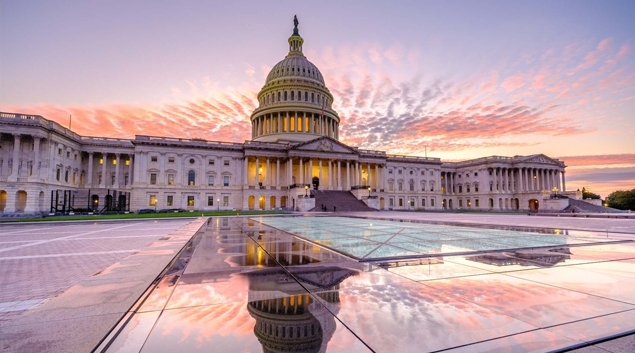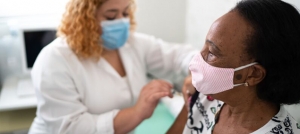AHA asks Senate for more emergency preparedness funds
The hospital group is proposing the Senate at least double the $385 million in annual funding for the HPP from 2024 through 2029.

Photo: John Baggaley/Getty Images
The American Hospital Association has written a letter to the Senate Committee on Health, Education, Labor and Pensions (HELP) saying that the Hospital Preparedness Program (HPP), part of the Pandemic and All-Hazards Preparedness Act (PAHPA), doesn't provide enough in annual funding.
The hospital group is proposing the Senate at least double the $385 million in annual funding for the HPP from 2024 through 2029.
That investment, the AHA said, would help prepare and equip the U.S. healthcare system in advance of a growing number of large-scale disasters and public health emergencies.
The HPP has provided funding and other resources to the healthcare system since about 2002, the letter said. Through cooperative agreements with 62 health departments in all states, U.S. territories and four cities, the investments have helped to save lives and reduce the impact of emergencies and disasters, according to the AHA.
But the group said the HPP's funding has not kept pace with the ever-changing and growing threats faced by hospitals, healthcare systems and communities. Authorized funding levels and annual appropriations for the HPP have significantly declined since the program began, from a high of $520 million in FY 2003, to $385 million in the most recent reauthorization in FY 2018.
"Additional and sustained funding will be necessary to not only restore HPP to its original capacity, but also to strengthen the program to address increasing threats to public health," according to the letter.
WHAT'S THE IMPACT?
AHA also suggested changes to the HPP. The group wants to include additional dedicated, direct-to-hospital-funding that will supplement, and not supplant, current investments. Such dedicated funding, the AHA said, will help rebuild the program after years of underfunding and provide additional resources to hospitals and health systems to improve their preparedness.
Hospitals and hospital associations, such as academic medical centers, health systems and state and metro hospital associations, also should be permitted to compete to serve as the HPP recipient for their jurisdiction, in addition to the current state, territorial and city health department recipients, the AHA said.
The group also wants to allow HPP funding to cross state lines in order to strengthen healthcare emergency preparedness and response planning across multi-state regions.
THE LARGER TREND
The AHA also had a number of other suggestions meant to create a more effective and stable healthcare system.
It wants to improve the federal organizational structure for all types of emergencies, including making critical updates to the Department of Health and Human Services' emergency preparedness playbook, and strengthen the national medical supply chain by increasing manufacturing redundancy, diversifying raw material and manufacturing production locations, and building capacity within the overall supply chain.
AHA would also like to ensure availability of a wide variety of essential goods for medical care and provide sufficient support for the Strategic National Stockpile, as well as provide additional authorities to the FDA to mitigate and prevent drug and device shortages, such as by expanding the agency's authority to establish medical device manufacturer notifications requirements and quality and resilience incentives.
The group also called for modernizing the data infrastructure, strengthening healthcare cybersecurity and strengthening the National Advisory Committee on Children and Disasters (NACCD) by expanding its membership and scope of authority to address additional important issues.
Twitter: @JELagasse
Email the writer: Jeff.Lagasse@himssmedia.com












































